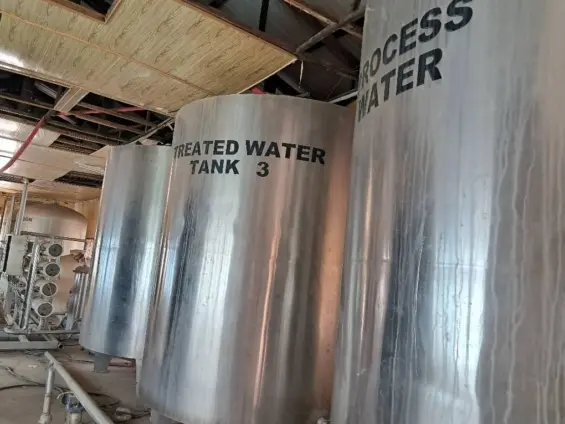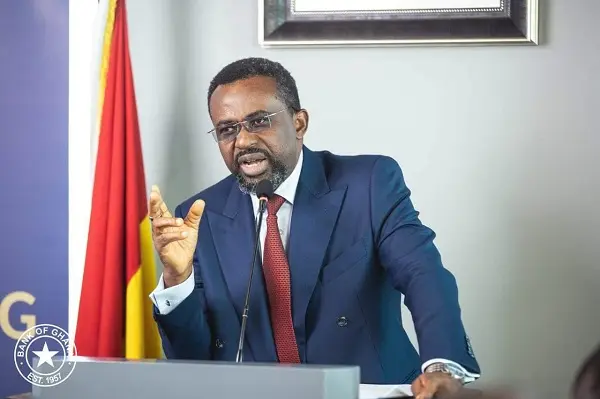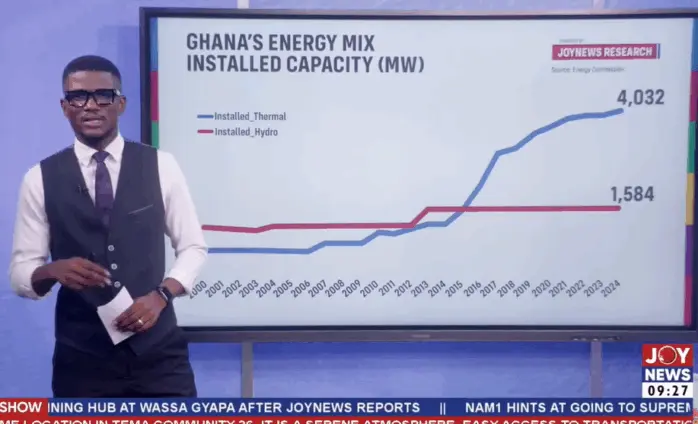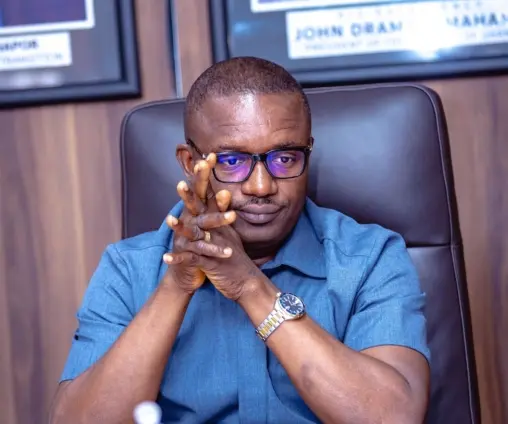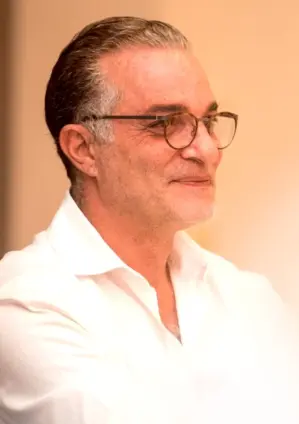The deepening energy crisis reform in Ghana requires immediate and non-partisan action to prevent dire economic consequences, warned economist Professor Godfred Alufar Bokpin. Speaking on Newsfile, he stressed that the energy sector poses a more significant threat to Ghana’s economic stability than illegal mining. Professor Bokpin’s urgent call emphasizes that failure to implement crucial reforms under the International Monetary Fund (IMF) program will exacerbate the current crisis. This article will explore the alarming state of Ghana’s energy sector, key issues contributing to the crisis, proposed solutions, and the critical role of transparency and decisive action.
Professor Bokpin views the energy sector as a looming economic threat. “I’ve said it before that, apart from irresponsible mining, including illegal mining, what causes me sleepless nights is the energy sector,” he stated. He criticized the political inaction from both the NDC and NPP, emphasizing the need to move beyond partisan politics to address fundamental issues. “We’ve seen both the NDC and NPP manage this sector. And frankly, we can no longer do politics with it,” he asserted. Despite past failures, the consensus that fundamental issues need addressing offers a glimmer of hope for non-partisan solutions.
One of the primary issues plaguing the sector is the high distribution losses at the Electricity Company of Ghana (ECG). According to Professor Bokpin, “The distribution losses on the books of ECG are way above the world average. It’s about some 40%, which is very high.” These losses significantly hinder realistic pricing and place an undue burden on consumers. Revenue collection gaps also contribute to the problem, with losses hovering around 15%, exceeding the world average. “We are looking at close to 15% in collection losses. That’s above the world average. It’s not sustainable,” Bokpin explained. Inefficient pricing, tariff gaps, and non-payment by government entities further compound the energy crisis reform challenges. MDAs, in particular, must take responsibility for their energy consumption to foster greater accountability.
The accumulation of unpaid bills, collection losses, distribution losses, and pricing inefficiencies paints a bleak picture for Ghana’s energy future. Professor Bokpin emphasizes the unsustainable nature of the current trajectory: “If you put all these things together—MDAs not paying, collection losses, distribution losses, pricing inefficiencies—there is no way we can see a future in this direction.”
Professor Bokpin also questions the feasibility of ambitious economic policies given the current energy challenges. He critiqued the notion of a 24-hour economy, stating, “Here you have a government talking about a 24-hour economy. You are not even getting power for your eight-hour economy, and you are talking about a 24-hour economy?”
To address these challenges, Professor Bokpin proposes greater private sector participation in the downstream distribution of electricity. He suggests that this can be achieved while maintaining government ownership of ECG. “I believe we should support government in some kind of private sector participation in downstream distribution…Government can still be the sole shareholder, but we must invite the private sector in power distribution and collection. Let them bring capital and efficiency,” he said, highlighting the potential benefits of this approach. Allowing the private sector to bring capital and efficiency to the sector could be a crucial step toward energy crisis reform.
Structural reforms tied to the IMF program make immediate government action imperative. Professor Bokpin noted, “There are clear indicators that government has to meet as part of our ongoing IMF-supported programme. I know cabinet has to take a decision on ECG in terms of private sector participation. And I believe that government must communicate this clearly to Ghanaians.” Transparency in communicating these plans to the public is essential for building trust and ensuring successful implementation.
Professor Bokpin’s urgent plea underscores the critical need for energy crisis reform in Ghana. His analysis highlights the unsustainable nature of the current model and the potential for private sector participation to drive efficiency and investment. With the IMF program demanding action, delaying reform is not an option. The government must act transparently, decisively, and collaboratively to secure a sustainable energy future for Ghana. Ultimately, according to Prof Bokpin, taking politics out of this discussion may be the most important first step.
Image Source: MYJOYONLINE











